Home » MAWblog » Top 10 in Bangladesh » Top 10 Non-governmental Organizations (NGOs) of Bangladesh
Top 10 in Bangladesh
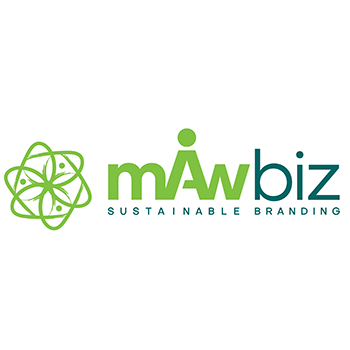
Written by: Afia Tasnim Promee
14-08-2022
_of_Bangladesh_thumb.png)
In Bangladesh, non-governmental organizations (NGOs) have emerged as the saviors of limitless numbers of people who need food, clothing, education, and basic health care. NGOs are attempting to eradicate poverty by involving the poor directly. Their target audiences are mostly the impoverished and vulnerable, with little goods. Their primary responsibilities are to organize these individuals, raise their awareness, and motivate them to progress. These organizations operate based on an assessment of the needs and desires of small-scale farmers and women. They are operating within the context of broader national development planning by directly involving the stakeholders. Here are the top 10 NGOs of Bangladesh who have been doing immense work on different communities of Bangladesh.
Please note, there was no judgement from our end while listing the names. They have been chosen based on the information gathered from the internet and sorted in a random chronological order.
1. BRAC
BRAC is a Bangladesh-based multinational development organization. BRAC was afterwards registered with the Government of Bangladesh's NGO Affairs Bureau in order to collect international donations. In terms of personnel numbers, BRAC is the world's largest non-governmental development organization. BRAC was founded in 1972 following Bangladesh's independence by Sir Fazle Hasan Abed and is present in all 64 districts of Bangladesh as well as 11 other countries in Asia, Africa, and the Americas.
Head Office: BRAC Centre, 75 Mohakhali, Dhaka-1212.
Tel: 88 02 2222 81265.
E-mail: info@brac.net
2. ASA (Association for Social Advancement)
As the new government struggled to handle the difficulties with little resources and international help, local non-governmental organizations (NGOs) developed in the 1970s to provide relief and rehabilitation as well as community development. The administrative system, which used a top-down approach to growth, was unable to cope with the actual socioeconomic realities since the institutional structures did not reach the oppressed people. ASA was founded in 1978 in a distant village Tapra, under the then Manikganj sub-division, around 80 kilometers from the capital Dhaka, with an aim to help the needy. Since the inception of its microfinance program, ASA has attained sustainability in a few years. The management's creative policies and cost-effective approach in all program components were critical to achieving sustainability in the shortest amount of time. Furthermore, strong managerial resolve was a crucial aspect in achieving self-sufficiency with consistent development.
Head Office: ASA Tower, 23/3, Bir Uttam A.N.M Nuruzzaman Sharak, Shyamoli, Dhaka-1207, Bangladesh.
+88 02 58155609, +88 02 58155622, +88 02 58155627
Email: hrm@asabd.org, media@asabd.org
Caritas Bangladesh (C B) is a social arm of the Catholic Church in Bangladesh that was established in 1972 and is overseen by the Catholic Bishops' Conference of Bangladesh (CBCB). It was established on July 13, 1972, under the Societies Registration Act XXI of 1860 and the Foreign Donations (Voluntary Activities) Regulations Ordinance 1978. Caritas is dedicated to spirituality in development, that is, to improving the complete quality of human existence via the harmonious integration of the spiritual, moral, cultural, social, political, and economic well-being of the individual integrated in society in equal dignity as man and woman. Caritas asserts a preference for the impoverished and underprivileged individuals and communities.
Head Office: 2, Outer Circular Road, Shanti Bagh, Dhaka-1217, Bangladesh.
Phone: 880-2-48315405-9;
Fax:880-2-48314993
Email: cbgeneral@caritasbd.org; info@caritasbd.org
CARE is one of the world's largest international humanitarian organizations, dedicated to assisting poor families in improving their lives and alleviating poverty. CARE, founded in 1945, works in 104 countries to combat global poverty and marginalization. CARE has been engaged in Bangladesh since 1949, and the nation has one of the largest CARE country offices. CARE Bangladesh's work before to Bangladesh's independence in 1971 were mostly focused on disaster relief, school and pre-school meals. Food security and livelihoods; health and nutrition; agriculture and natural resources; climate change adaptation; women's empowerment and violence against women; civil society strengthening; HIV/AIDS; disaster risk reduction and emergency response have all been part of CARE Bangladesh's development portfolio since 1974.
Head Office: RAOWA Complex (Level 7-8), VIP Road, Mohakhali, Dhaka -1206, Bangladesh
Phone: +88 02 5505 8377-83
Fax: +88 02 5505 8374
Email: bgd.info@care.org
BURO Bangladesh is an acronym that stands for Basic Unit for Resources and Opportunities in Bangladesh. BURO Bangladesh is a national non-governmental social development organization founded in 1990 with the goal of working with the poor and rural people to alleviate human poverty and boost income. Over time, the company has established itself as a top-tier specialist microfinance institution. It serves one million low-income persons, primarily impoverished women, with high-quality, flexible financial and social assistance.
Head Office: House No: 12/A, Block No. CEN(F), Road No. 104, Gulshan-2, Dhaka-1212
Phone: 88-02-55059860,88-02-55059861,88-02-55059862
Email: buro@burobd.org
Oxfam's participation in Bangladesh began in 1970, when it aided cyclone victims and supported the Bangladeshi people throughout the 1971 Liberation War. In 2012, Oxfam was one of only three organizations named a Friend of the Bangladesh Liberation War. Their vision is to construct a dynamic and equitable society in Bangladesh, where women and men are empowered to exercise collaborative leadership and good governance in order to build resilient communities. They collaborate with a diverse spectrum of partners, including civil society groups, NGOs, media organizations, international and local colleges, private sector businesses, and various levels of government.
Address: RAOWA Complex, Level-8 (Southern Side, VIP Road, Dhaka 1206, Bangladesh
Phone +880 1673-792875
Shakti Foundation is a non-profit organization dedicated to the economic and social development of disadvantaged women in Bangladesh. It believes in empowering women to be strong, independent members of their communities. Shakti started with urban microfinance programs and carefully expanded its service network to reach out to distant rural communities. It has expanded its development services throughout the years to include basic health care and education, agro-business expansion, solar power, skills training, and advocacy. Shakti was established in April 1992 and today serves almost 500,000 people across 54 districts in Bangladesh.
Address: House 4, Road 1, Block A, Section 11, Mirpur, Pallabi, Dhaka-1216, Bangladesh.
Phone: +88 09613-444111, +88 02-58052031, +88 01819850148
E-Mail: info@shakti.org.bd
8. Jagorani Chakra Foundation (JCF)
At the end of 1975, a group of ecstatic Jessore youngsters established the Jagorani Chakra Foundation (JCF) to help disadvantaged areas. They also determined that the issue is more social and political than economic in nature. JCF began its adventure with an adult literacy program and created its own adult literacy curriculum, which was a first at the time. JCF launched its first development intervention in 1976, establishing a non-formal education center for children, and received registration from the Directorate of Social Welfare in 1977. JCF continues to think that education is the key to all development and that it should be the primary focus in every new initiative. JCF entered a new era in 1981 when it began working with the untouchable community, the sweeper community. The success of this intervention provided JCF the confidence to pursue a community development strategy, and JCF later successfully completed a number of community development initiatives, the beneficiaries of which are now operating their own people's institutions.
Address: 46 Mujib Sarak, Jashore-7400, Bangladesh.
Tel: +88-02477765045
E-mail: jcjsr@ymail.com
9. TMSS (Thengamara Mohila Sabuj Sangha)
Thengamara Mohila Sabuj Sangha (TMSS) is a significant female-led non-governmental organization in Bangladesh and South Asia. It was started in 1964 and reorganized in 1980 in Bogura, Bangladesh, by Prof. Dr. Hosne Ara Begum, an Ashoka Fellow. TMSS is a women-focused Bangladeshi organization that works for poverty alleviation, women empowerment through skill training and microcredit support, human rights and social justice, advocacy and campaigning, climate change and environment, disaster preparedness activities, health and hygiene including total WASH system improvement, socioeconomic status improvement, and overall livelihood improvement in Bangladesh in order to address and contribute to the achievement of the Millennium Development Goals.
Head Office: 631/5, West Kazipara, Mirpur-10, Dhaka-1216, Bangladesh
Email: info@tmss-bd.org
Phone: +88-02-55073530, 55073586, 55073540, 9013659
10. HEED Bangladesh
The Tuberculosis Control Program is one of HEED Bangladesh's founding efforts. HEED Bangladesh began its Tuberculosis Control Program in Kamalgonj upazial of Moulavibazar district in 1980 as a trial initiative. As part of a collaboration effort with the Directorate General of Health Services (DGHS), Ministry of Health and Family Welfare, Bangladesh, the program was expanded to 25 upazilas in the districts of Moulavibazar, Habigonj, and Sylhet in 1993. The organization's TB Program began operations in 2004 under the auspices of the GFATM fund, which is headed by PR BRAC. HEED Bangladesh, on the other hand, is undertaking a TB program in partnership with the government health sector.
Head Office: Plot-19, Main Road, Block-a, Section-11, Mirpur, Dhaka-1216.
Phone: 02-8034119, 02-8034219, 02-48031643, 02-48032724
Fax: +88-02-8013558
Email: heed@agni.com
Apart from these 10 NGOs, there are many other NGOs in Bangladesh, who are relentlessly working for human rights, social welfare and research. These NGOs not only work to fulfill their aims, but also create job opportunities for people. You can check out other NGOs
.
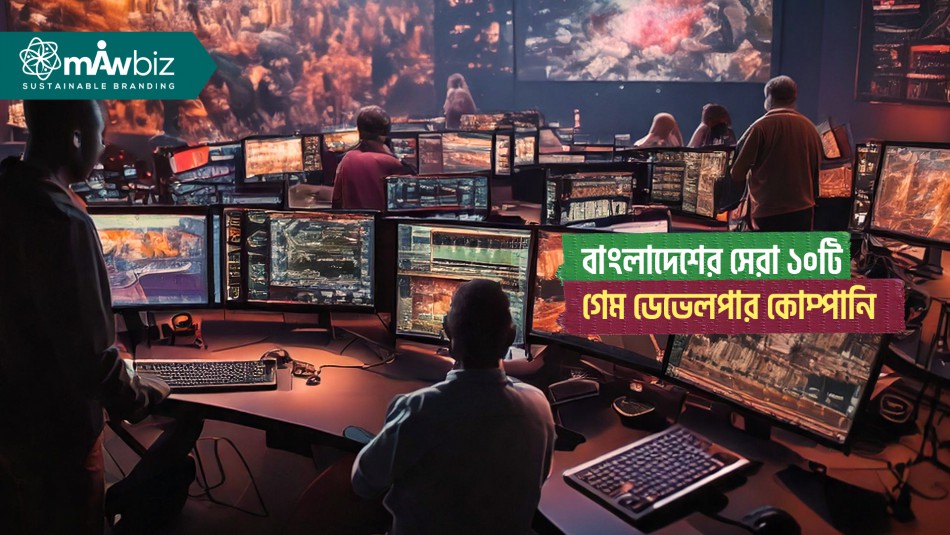
23-12-2024
Top 10 in Bangladesh
গেমস, নামটি শুনলেই অনেকের মধ্যে হয়তো একটা ভাল লাগা কাজ...
Read More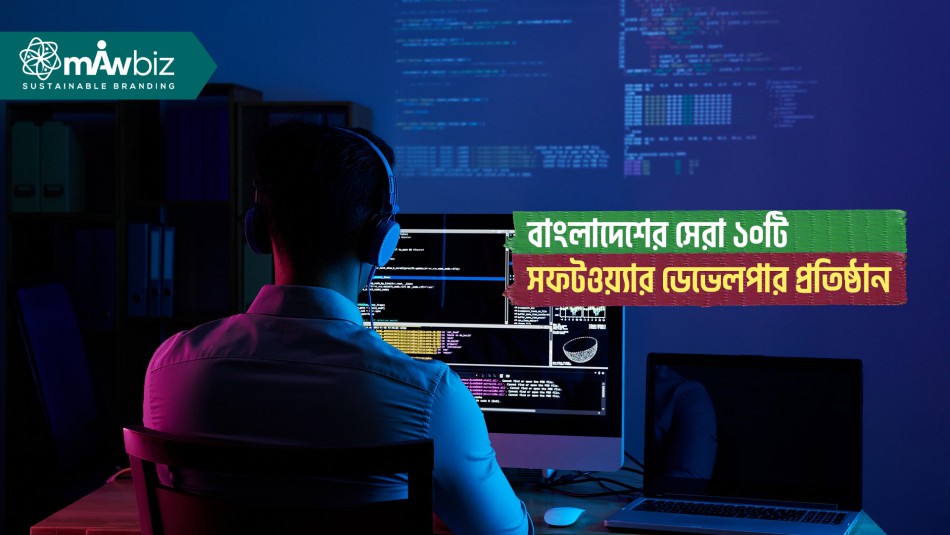
19-12-2024
Top 10 in Bangladesh
বাংলাদেশের সবচেয়ে দ্রুতগামী সেক্টরগুলোর মধ্যে একটি...
Read More
09-12-2024
Top 10 in Bangladesh
শীতকাল বাংলাদেশের ভ্রমণপ্রেমীদের জন্য বিশেষ আকর্ষণের...
Read More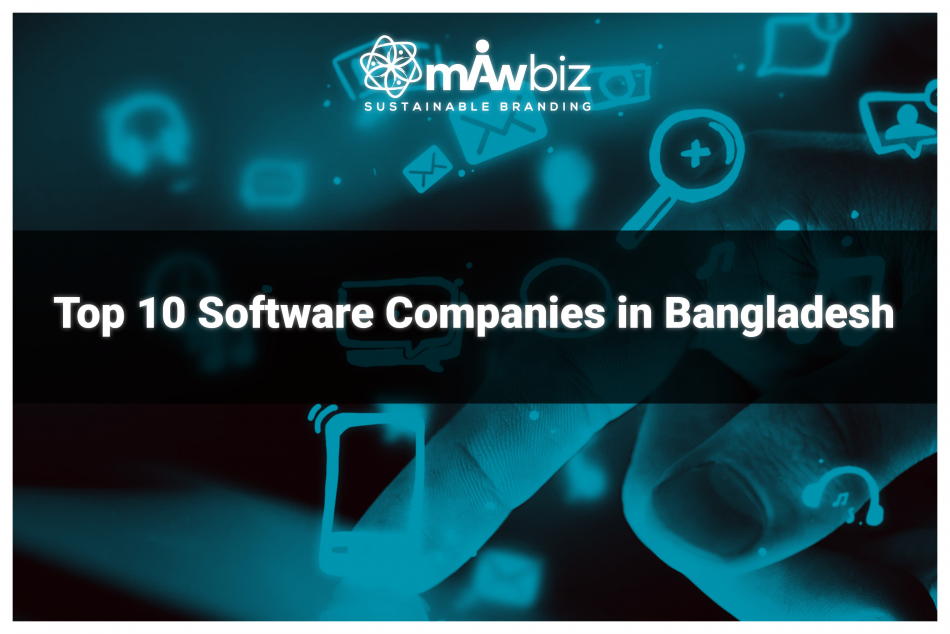
Top 10 in...
03-10-2022

International...
24-11-2024
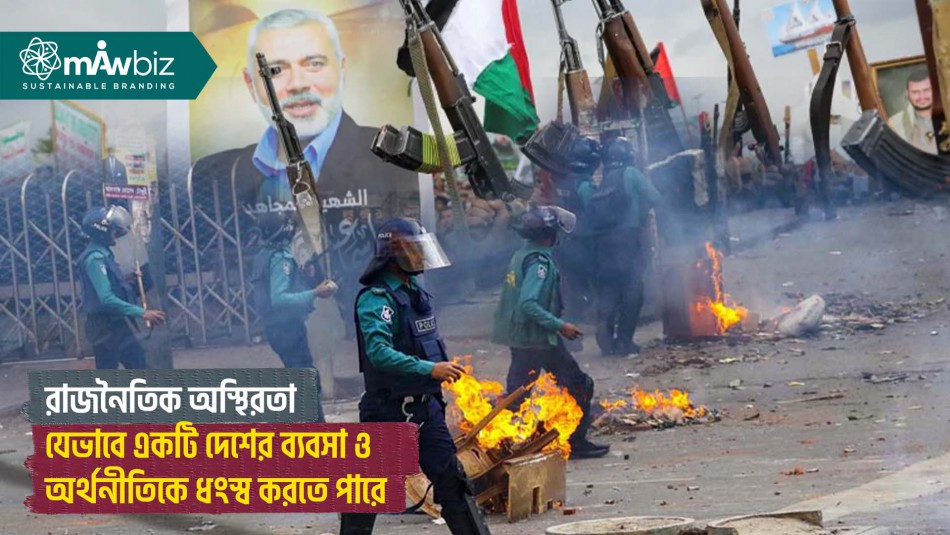
International...
03-10-2024

Miscellaneous...
30-09-2024
MAWblog strives to provide a platform for authors, reporters, business owners, academics, people who do writing as a hobby and concerned citizens to let their voices be heard by a wider community. Our goal is to publish contents that are in line with our core goals of promoting sustainable business practices, improving community harmony and facilitating knowledge sharing and ethical labour market practices.
We invite you to write and publish under any of our nine chosen categories and make an impact towards building a better and more sustainable future.